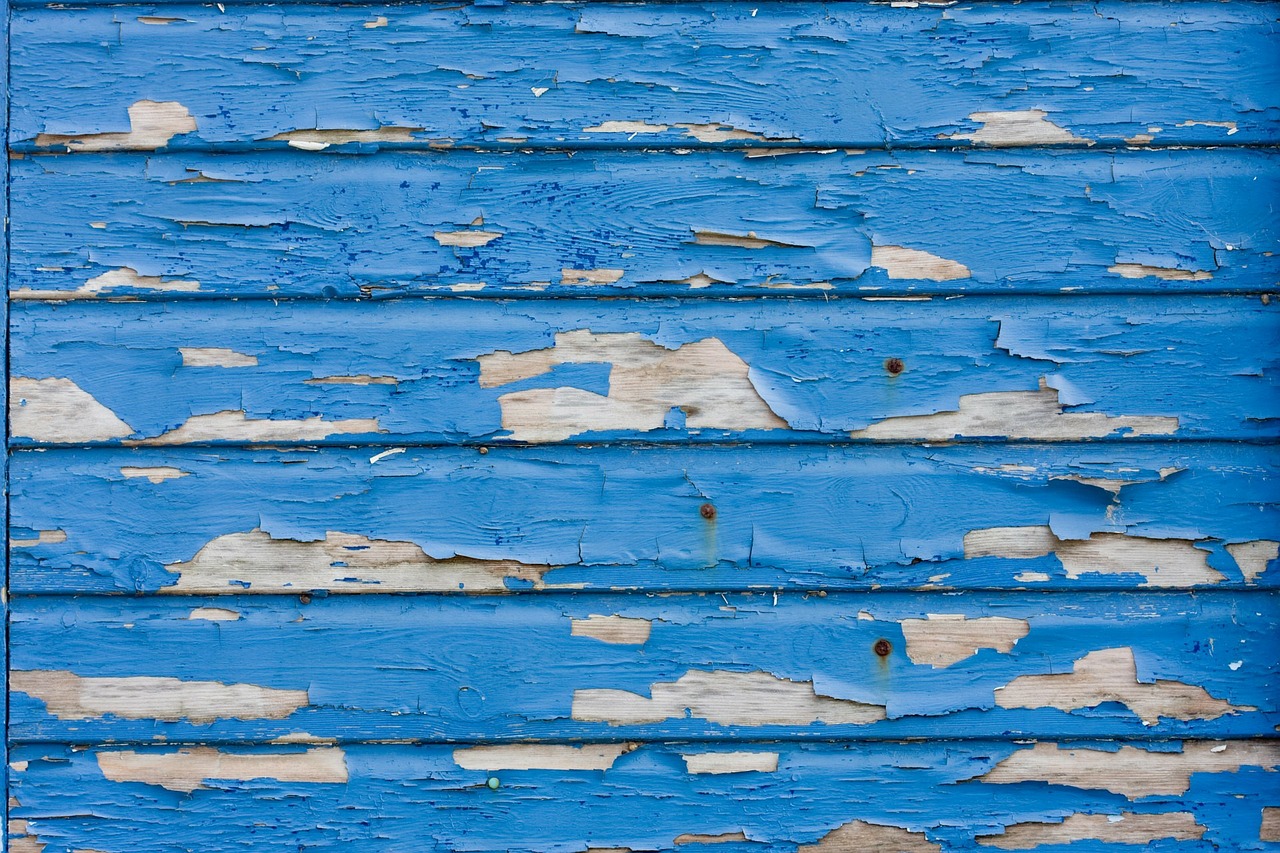Once a buyer has made an offer on a home they want to purchase, they will typically do a home inspection to identify any potential health, safety or mechanical issues with the home before closing. If you are the seller, you might opt to do a pre-market inspection to deal with any problems before putting your home on the market.
What to Expect at a Home Inspection
As the buyer, the home inspection is your last chance to uncover potential issues with the house before closing. If you are the seller, you’ll want to know what the inspector will be looking for so you can be prepared. Here’s what you can expect:
- The home inspection will usually take about two to four hours, but sometimes longer, depending on the size of the house. After the home inspection, the inspector will take a couple of days to prepare a written report.
- The home inspector will look at things like the foundation, structural components, roof, HVAC, plumbing and electrical systems.
- If you are the buyer, plan on attending the inspection to get to know your new home and ask the inspector questions. This will give you more information than you will get from the report.
What the Inspection Covers
The home inspector’s first concern is health and safety. Secondly, they look for defects. According to the American Society of Home Inspectors, the home inspector will be looking at the following:
- Heating system
- Central air conditioning system (temperature permitting)
- Interior plumbing and electrical systems
- Roof
- Attic, including visible insulation
- Walls
- Ceilings
- Floors
- Windows and doors
- Foundation
- Basement
- Structural components
What the Inspection Doesn’t Cover
 A home inspector will not comment on anything about the house that is purely cosmetic, like peeling wallpaper, for example. However, if there is a water stain on the ceiling that could indicate a more significant problem, like a leak, that will end up on the inspector’s report.
A home inspector will not comment on anything about the house that is purely cosmetic, like peeling wallpaper, for example. However, if there is a water stain on the ceiling that could indicate a more significant problem, like a leak, that will end up on the inspector’s report.
Some things that turn up on the home inspection report could warrant further investigation by a specialist, such as radon, termite infestations, asbestos, lead piping or paint, mold, and structural or water damage.
How to Prepare for a Home Inspection
As the seller, there are some things you can do beforehand to avoid problems on the home inspection report.
- Receipts – It’s good to keep receipts for any maintenance or routine services you’ve done on the home, such as having the chimney swept, the furnace serviced, the filters changed in the HVAC or the water heater serviced. Be ready to show them to the inspector and the buyer when the time comes.
- Clutter – Clear out clutter in spaces like the basement, attic, garage and crawl spaces so the inspector can get in there to check for moisture or damage. If the inspector has to mark something as “uninspectable,” it could prolong the process.
- Access – The inspector will need access to the water heater, electrical panel and furnace. Make sure you aren’t storing things right in front of these areas.
- Pets – Keep your pets in their crates or confined to one room while the inspector is doing their job.
- Light bulbs – Make sure all of your light bulbs are working. A non-working light bulb could indicate an electrical problem.
- Water – Run water in every sink or bath to check for clogs as clogs can indicate a plumbing issue. If you have clogs, run some Drano or Liquid Plumber through to clear them.
- Filters – You’ll want to replace the filters in the HVAC system. Dirty filters will create bad air quality in the home and give the inspector an indication that something is wrong with the HVAC system.
- Dirt on the exterior – One of the main things that inspectors look for is basement water issues. You’ll want to clean dirt away from the foundation on the exterior of your home.
- Windows – Replace cracked windows or broken screens.
- Bugs – Any sign of a bug infestation will be cause for concern, so you’ll want to contact an exterminator ahead of time if you have bugs such as carpenter ants or termites.
- Gas lines, chimneys and flues – Cap these to prevent toxic fumes from coming into the house.
- Trees – If you have low-hanging branches touching your roof, have them trimmed, as this gives rodents access to your home and could cause damage to the roof.
Looking for real estate services in Gainesville, Haymarket or Bristow? Contact your local real estate expert Belinda Jacobson-Loehle of Jacobson Realty and Home Staging In Gainesville, Virginia today. Also be sure to sign up now for a FREE copy of my eBook, “The Real Estate Key – What You Need to Know!”
3,257 total views, 3 views today
